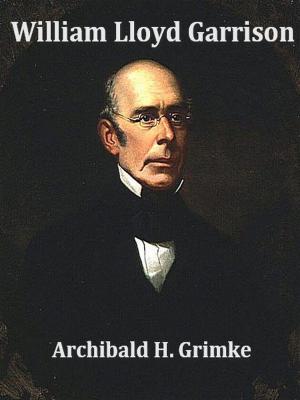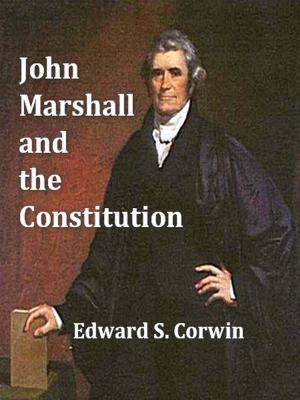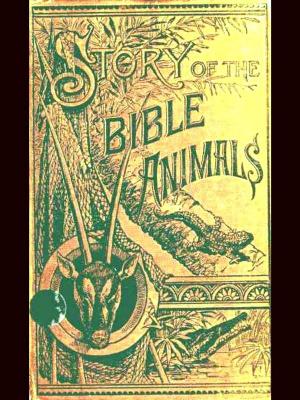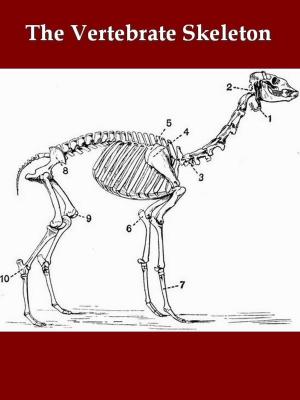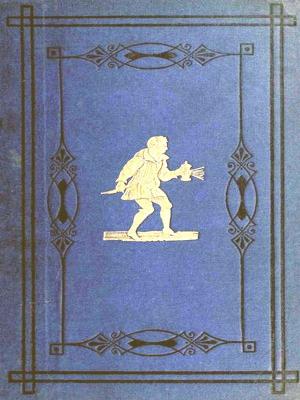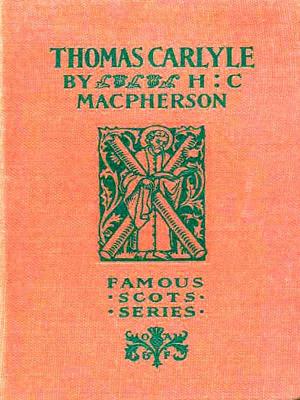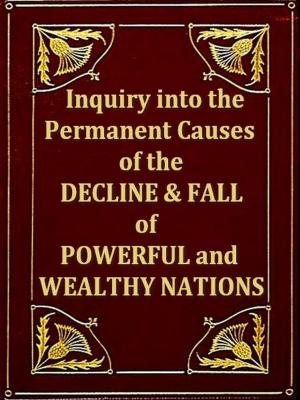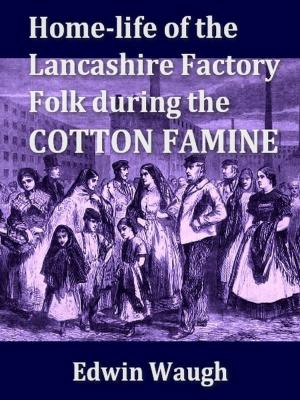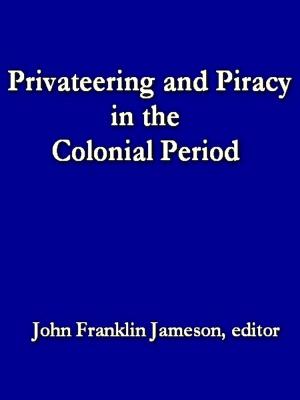Voyage to the West Indies and Mexico [Illustrated]
Nonfiction, History, Americas, Caribbean & West Indies, France| Author: | Samuel Champlain, Norton Shaw, Editor, Alice Wilmere, Translator | ISBN: | 1230000100000 |
| Publisher: | VolumesOfValue | Publication: | January 16, 2013 |
| Imprint: | Language: | English |
| Author: | Samuel Champlain, Norton Shaw, Editor, Alice Wilmere, Translator |
| ISBN: | 1230000100000 |
| Publisher: | VolumesOfValue |
| Publication: | January 16, 2013 |
| Imprint: | |
| Language: | English |
This edition features
• illustrations
• a linked Table of Contents, linked Footnotes, and linked Index
The narrative is highly interesting as exhibiting the state of some of the West India Islands two hundred and fifty years ago, many of them being then uninhabited by Europeans; and of the condition of Mexico, and of the Spanish policy there, where no foreigner was then permitted to set his foot. Gage, who travelled some five and twenty years after Champlain, bears witness to the difficulty of proceeding thither, being obliged to hide himself in an empty biscuit-cask to avoid the search of the Spanish officials, till the vessel in which he had embarked should sail.
The account of the capture of Porto-rico, by the Earl of Cumberland, and the state in which it appeared, after the English had abandoned the island, is curious; and the combat with the Anglo-Franco-Flemish fleet, amusing. The idea of the junction of the Pacific and Atlantic Oceans is also remarkable.
The accuracy of Champlain's observations of all that he saw, is evident; as to the hearsay descriptions, we may entertain doubts of the fidelity of his informant, but not of the good faith of the narrator. He had a certain amount of credulity in his character, the more remarkable in a man of such natural penetration and sagacity; but the belief in strange monsters was prevalent before, during, and for a long time after, his epoch; and it was the more to be excused from the hermetically closed state of the Spanish colonies, and the strange stories to which the consequent mystery gave rise. The curious details of the "Brief Discourse" seemed worthy of the attention of the geographer, the naturalist, and of the inquiring general reader. As the founder of the capital of our principal North American colony, Champlain's name is, in some sort, associated with English adventure.
About the Author
"SAMUEL CHAMPLAIN (ca. 1567 – 1635), "The Father of New France", was a French navigator, cartographer, draughtsman, soldier, explorer, geographer, ethnologist, diplomat, and chronicler. He founded New France and Quebec City on July 3, 1608." -- Wikipedia
This edition features
• illustrations
• a linked Table of Contents, linked Footnotes, and linked Index
The narrative is highly interesting as exhibiting the state of some of the West India Islands two hundred and fifty years ago, many of them being then uninhabited by Europeans; and of the condition of Mexico, and of the Spanish policy there, where no foreigner was then permitted to set his foot. Gage, who travelled some five and twenty years after Champlain, bears witness to the difficulty of proceeding thither, being obliged to hide himself in an empty biscuit-cask to avoid the search of the Spanish officials, till the vessel in which he had embarked should sail.
The account of the capture of Porto-rico, by the Earl of Cumberland, and the state in which it appeared, after the English had abandoned the island, is curious; and the combat with the Anglo-Franco-Flemish fleet, amusing. The idea of the junction of the Pacific and Atlantic Oceans is also remarkable.
The accuracy of Champlain's observations of all that he saw, is evident; as to the hearsay descriptions, we may entertain doubts of the fidelity of his informant, but not of the good faith of the narrator. He had a certain amount of credulity in his character, the more remarkable in a man of such natural penetration and sagacity; but the belief in strange monsters was prevalent before, during, and for a long time after, his epoch; and it was the more to be excused from the hermetically closed state of the Spanish colonies, and the strange stories to which the consequent mystery gave rise. The curious details of the "Brief Discourse" seemed worthy of the attention of the geographer, the naturalist, and of the inquiring general reader. As the founder of the capital of our principal North American colony, Champlain's name is, in some sort, associated with English adventure.
About the Author
"SAMUEL CHAMPLAIN (ca. 1567 – 1635), "The Father of New France", was a French navigator, cartographer, draughtsman, soldier, explorer, geographer, ethnologist, diplomat, and chronicler. He founded New France and Quebec City on July 3, 1608." -- Wikipedia
![Cover of the book Voyage to the West Indies and Mexico [Illustrated] by Samuel Champlain, Norton Shaw, Editor, Alice Wilmere, Translator, VolumesOfValue](https://www.kuoky.com/images/2013/january/500x500/1230000100000-F1VH_500x.jpg)
